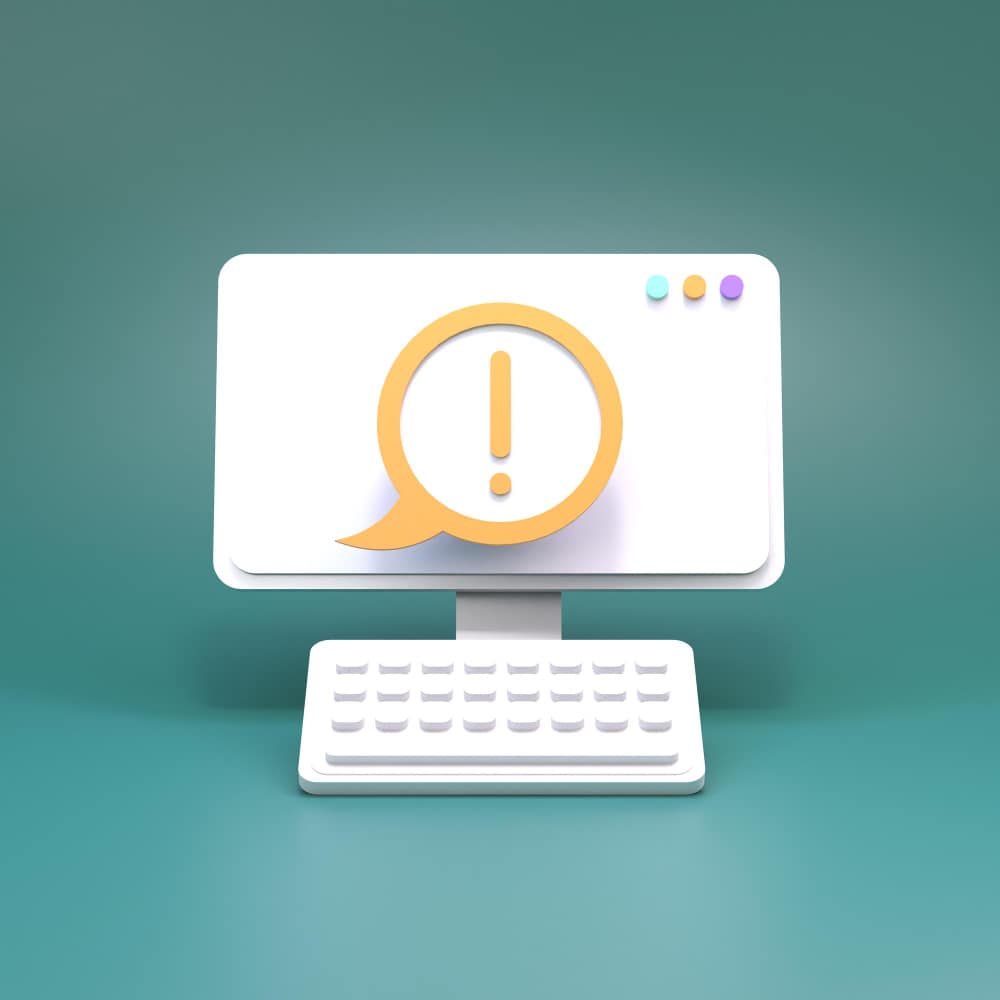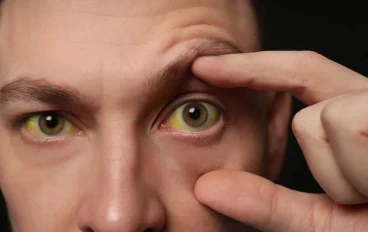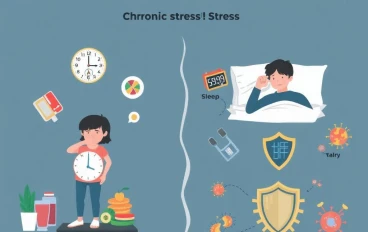
Rabies: symptoms and treatment
Rabies: symptoms and treatment
Rabies, also known as epidemic rabies, is a serious condition caused by a viral infection that affects the nervous systems of humans and animals. The virus is usually transmitted through the bite of an infected animal, especially dogs, to humans. Immediate prevention and medical intervention are necessary to reduce the severity of the disease.
Symptoms of rabbits:
Rabbit symptoms usually develop in stages, with the first stage involving non-specific symptoms similar to common illnesses such as fever, fatigue and headache. Symptoms become more severe over time and include:
Behavioral and neurological changes: such as anxiety, aggression, or isolation.
Severe pain at the bite site.
Muscle spasms and spasms.
General weakness leading to difficulty swallowing and breathing.
Treating rabies:
Effective treatment for rabies requires immediate medical intervention. Treatment is given with an antiviral serum as soon as symptoms appear. Although there is no proven treatment for advanced rabbits, it can be prevented with anti-rabies vaccine doses.
Prevention and warning:
If you think you are at risk of contracting rabies, you should seek immediate medical care. Prevention and early intervention can be crucial in treating this serious disease.
When a person is bitten by a dog suspected of carrying the rabbit virus, there are several steps that are considered medical solutions to deal with this condition. These solutions include:
Cleaning the wound:
Wash the wound well with soap and water for 15-20 minutes to reduce transmission of the virus.
Start vaccination immediately:
Immediate treatment and rapid response require starting a rabies vaccination schedule. This schedule consists of rabies vaccine doses given over a certain period.
Biological treatment (anti-rabies serum):
Administering a dose of anti-rabies serum known as immunoglobulin G (IG) to the wound site can help prevent the spread of the virus and limit infection.
Dog vaccine doses:
Immediate start of the rabies vaccination schedule according to the approved medical protocol.
Medical follow-up:
It is necessary to follow up on the condition with the treating physician to ensure that the necessary doses of vaccines are given on time and to verify the body’s response to treatment.
Supportive care:
Doctors can sometimes use supportive treatments to relieve infection-related symptoms and maintain overall health.
Prevention in the future:
After recovery, the person must adhere to the dog’s full vaccination schedule to maintain protection against any future infection.
Remember that early and effective treatment can be crucial in reducing the risk of infection in rabbits. It is essential that you seek immediate medical care if you are bitten by an animal suspected of carrying the virus.
التطعيم: يجب تطعيم الحيوانات الأليفة مثل الكلاب بانتظام لمنع العدوى. @تجنب الاتصال الوثيق مع الحيوانات غير المعروفة أو المشتبه بها. @اطلب الرعاية الطبية الفورية في حالة تعرضك لعضة أو اتصال بحيوان مشتبه به. راجع الطبيب على الفور.
































